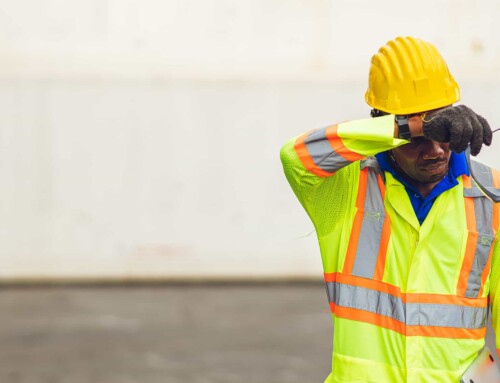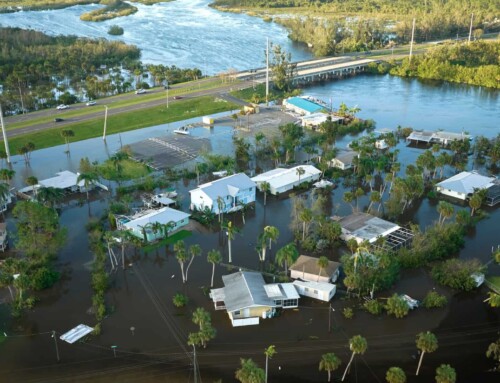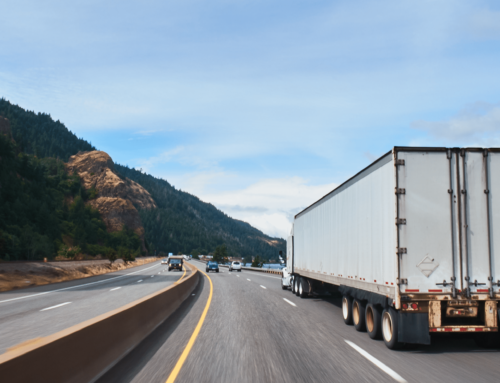In premises liability, your exposure can be determined by a variety of factors. Principle among this is known as Duty Owed. In other words, it is the guarantees you are expected to afford to any visitor on your property by law. Visitors of different status represent different levels of risk and can be broken up into three main categories: Invitees, Licensees, and Trespassers.
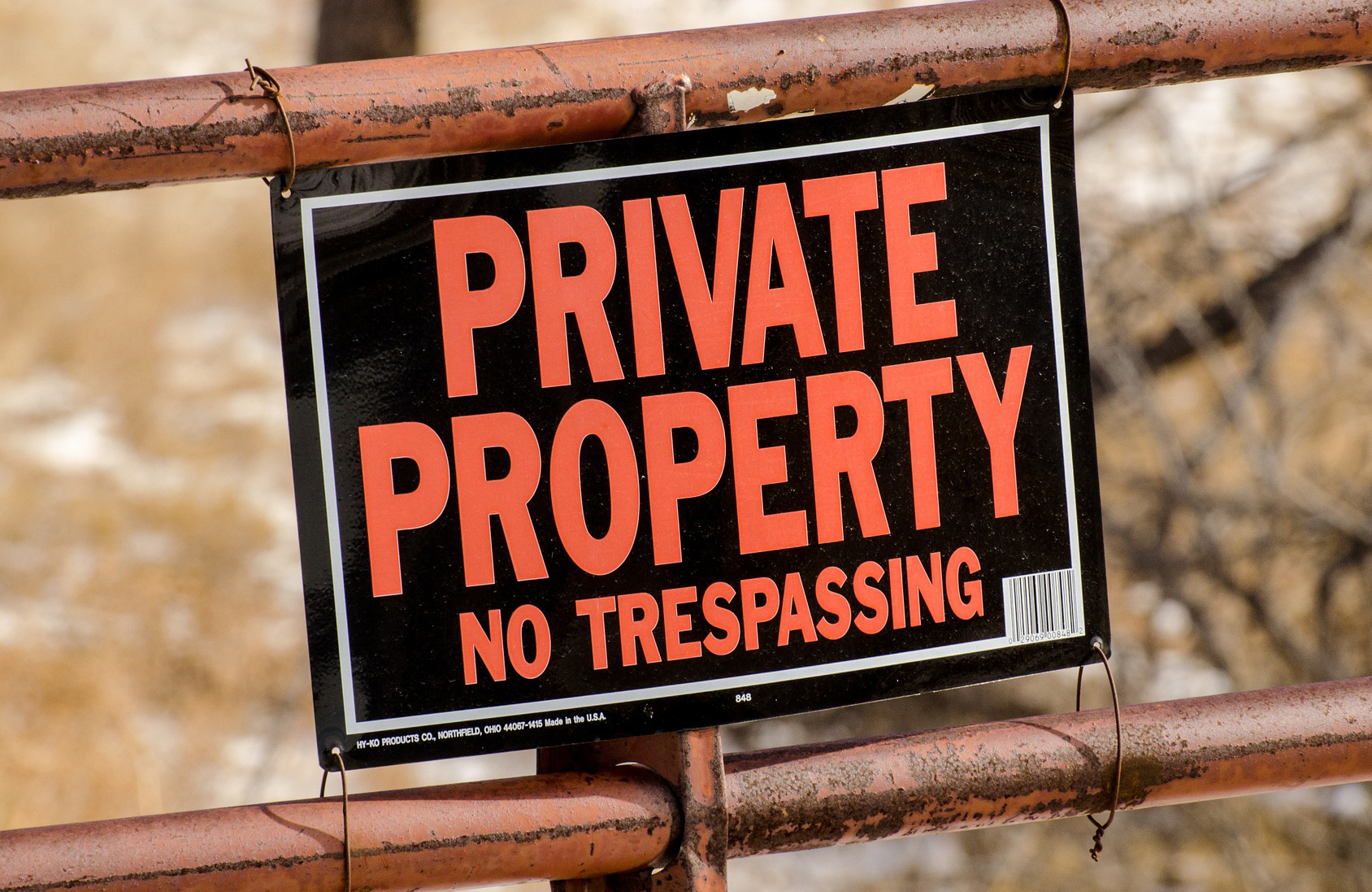
Determining Status
Invitee
Invitees are those who come on the property by reason of an express or implied invitation for the purpose of transacting business by which the controller of the property expects or hope to profit.
Licensee
Licensees are those whom the controller of the property does not forbid, but whom he or she permits on his or her property. The controller of a property has no hope of gain.
Trespasser
Someone who enters a property without permission or without legal right to be there, is considered a trespasser. Trespassers are afforded the least rights of any visitor.
Minimizing Exposure
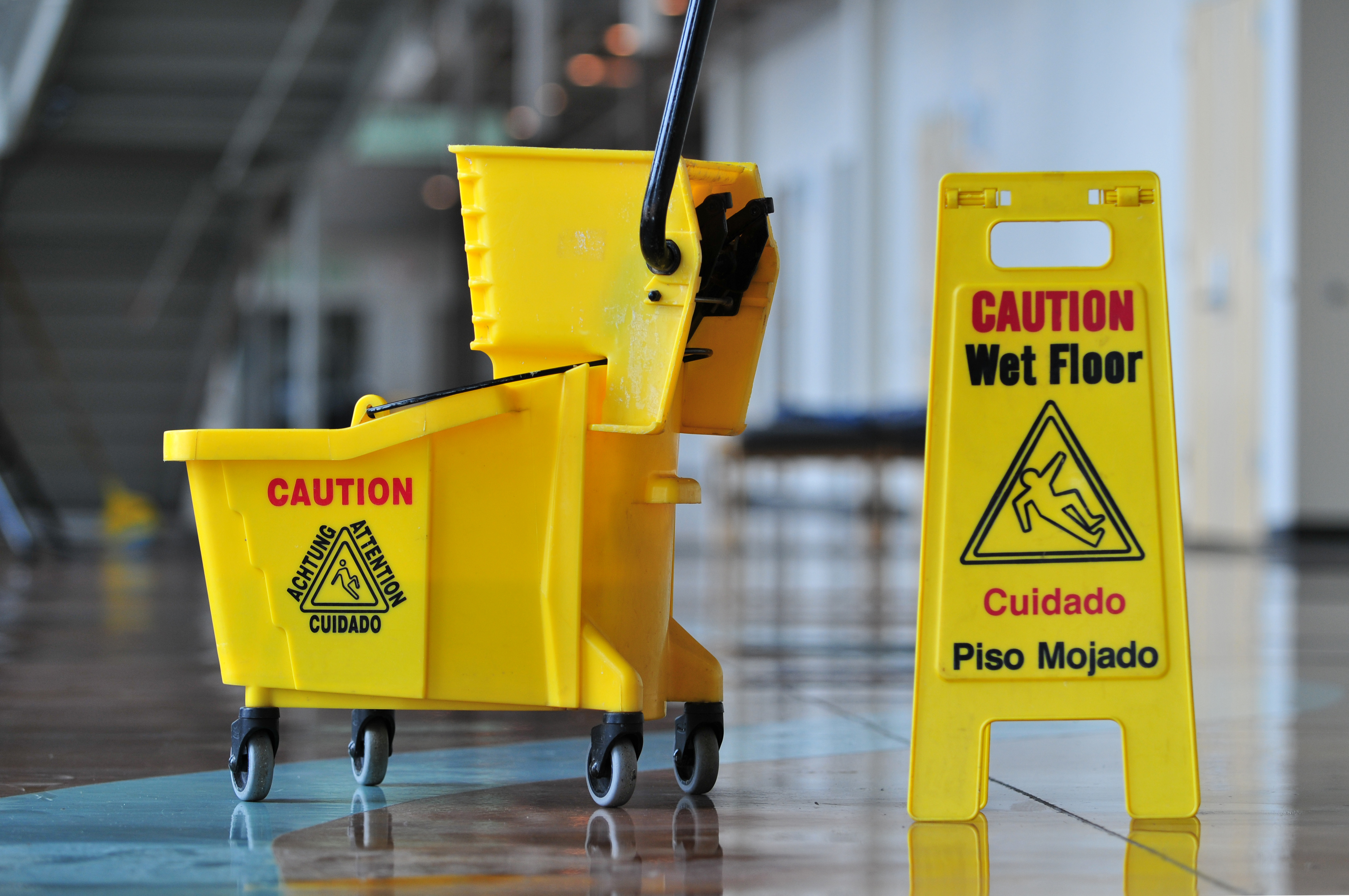
Exposure as a property owner is related to the relative safety of your property and the duty of care owed to each respective visitor.
In general, property owners have a duty to take reasonable care of their visitors from the dangerous elements on the property. Any condition that might pose an unreasonable risk, which is unable to be reasonably recognized needs to either be eliminated or warned of to the visitor. Owners can sometimes still be considered negligent, even if they were unaware of a dangerous condition, if regular maintenance could have detected the risk.
By status, property owners owe the highest duty of care to invitees. This includes keeping the property safe and protecting the invitee from unreasonable risk that he could not be expected to detect. The duty owed invitees is to use ordinary care to keep the premises in a reasonably safe condition.
Licensees by invitation, can expect similar duty of care, but often can be simply warned of dangerous conditions, to avoid negligence.
In many states, the only allowance that a trespasser can expect is that the owner doesn’t entrap or injure them.
It’s important to note that premises liability differs from state to state, and being well-informed on your state’s laws is necessary to adequately protect yourself. Also keep in mind, that just because an injury occurs on your property does not mean that you were necessarily negligent or will be liable. Understanding the relationship between your visitors status and the duty owed to them is important to protect yourself.
—
For more information on premises liability see our blog on Risk Transfer, here. For general liability information and for information on how Johns Eastern can assist with the handling of your GL claims, please contact Frank Feldman at ffeldman@johnseastern.com.


